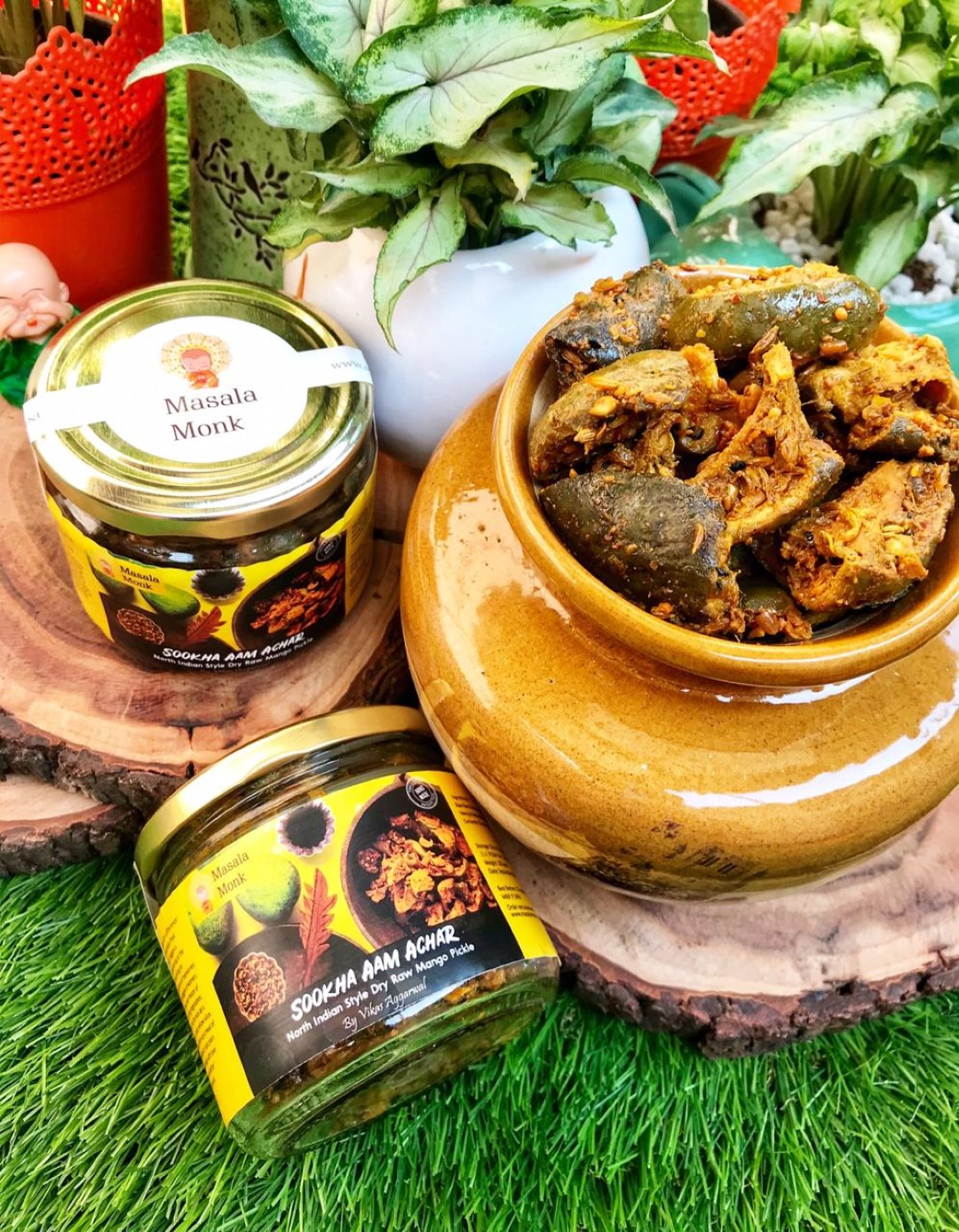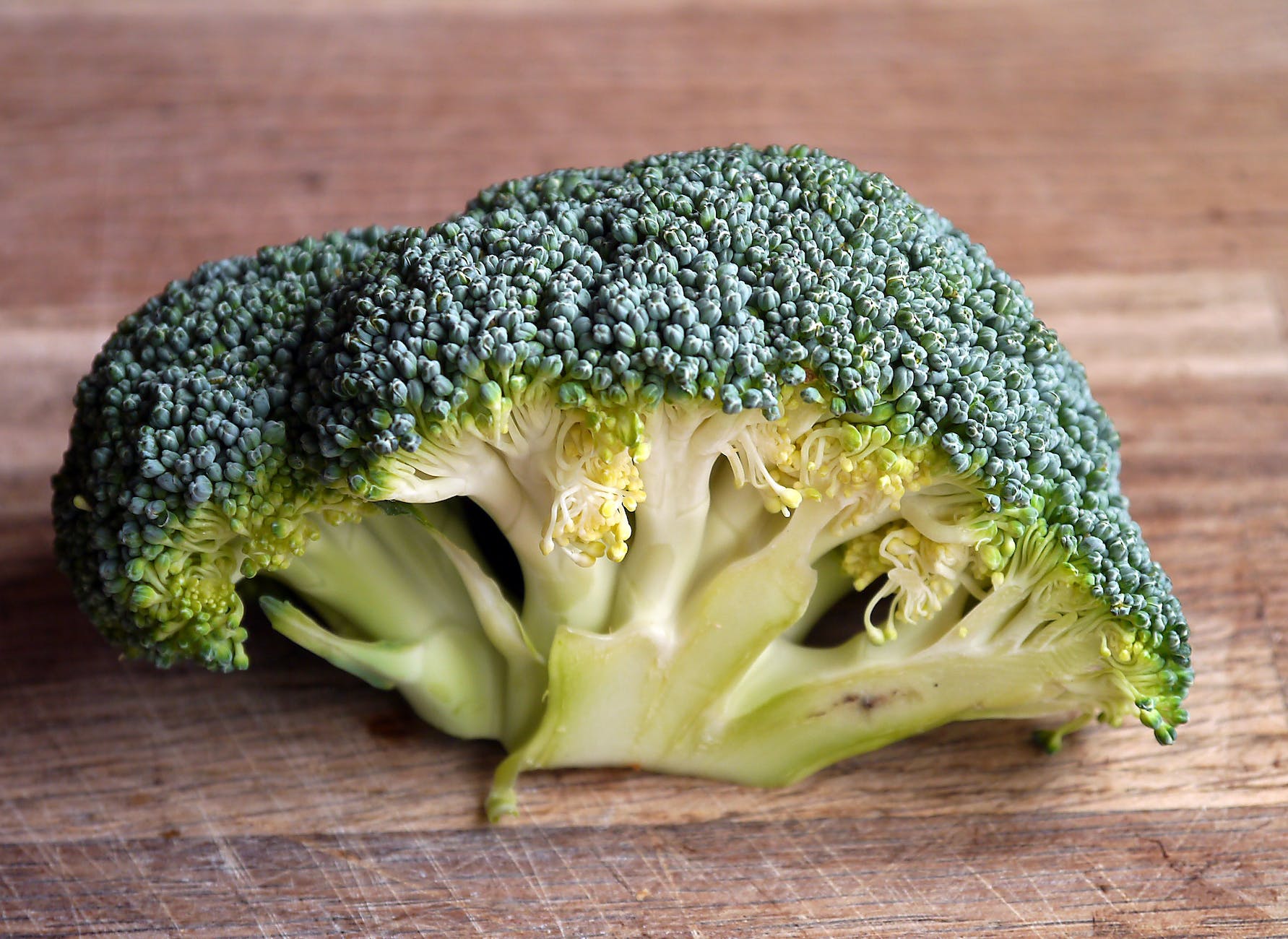
Goji berries, also known as wolfberries, are a nutritional powerhouse that has been a staple in traditional Chinese medicine for centuries. These tiny, bright red berries are packed with nutrients, vitamins, and antioxidants, making them a superfood that’s worth adding to your diet. In this comprehensive guide, we’ll explore the numerous health benefits of goji berries, their nutritional value, and how they can aid in weight loss, among other things.
Health Benefits and Nutrition of Goji Berries
Goji berries are a powerhouse of nutrition. They are rich in vitamins A and C, fiber, iron, zinc, and antioxidants. They also contain all eight essential amino acids, making them an excellent source of protein.
Antioxidant Powerhouse
Goji berries are rich in antioxidants, particularly carotenoids such as zeaxanthin and lutein. These antioxidants help protect the eyes from age-related diseases, reduce the risk of glaucoma, and fight harmful free radicals that lead to chronic diseases.
Immunity Booster
Goji berries are packed with vitamin C, a vital nutrient that boosts the immune system, speeds up wound healing, and helps maintain the health of your skin, teeth, and bones.
Skin Health
The antioxidants in goji berries not only protect the eyes but also benefit the skin. They help slow down aging by fighting harmful free radicals that cause wrinkles and other signs of aging.
Goji Berries for Weight Loss
Goji berries are low in calories and fat-free, making them an ideal snack for those trying to lose weight. Their high fiber content keeps you feeling full, thereby reducing overall calorie intake. Some studies also suggest that goji berries may help increase energy expenditure and decrease waist size in overweight individuals.
Goji Berry Extract and Its Benefits
Goji berry extract is made from dried goji berries and is often used in dietary supplements. The extract contains all the nutritional benefits of goji berries in a concentrated form. It’s a convenient way to enjoy the health benefits of goji berries, especially for those who don’t have access to fresh or dried goji berries.
Goji Berry Tea and Its Benefits
Goji berry tea is a delicious and nutritious way to enjoy the benefits of these berries. The tea is rich in antioxidants and can provide a calming effect, making it a great choice for a relaxing evening drink. It’s also a great way to hydrate while still getting the nutritional benefits of goji berries.
Other Benefits and Uses of Goji Berries
Goji berries have been used in traditional medicine for their liver-protective properties, their ability to improve blood sugar control, and their potential to boost fertility. They are also used in various recipes, from smoothies and salads to trail mixes and baked goods, thanks to their sweet-tart flavor.
Side Effects of Goji Berries
While goji berries are generally safe for most people, they can interact with certain medications, including those for diabetes and blood pressure. They may also cause allergies in some individuals. It’s always a good idea to consult with a healthcare provider before adding a new supplement to your diet.
FAQs
Are goji berries good for weight loss?
Yes, goji berries are low in calories, fat-free, and high in fiber, making them an excellent food for weight loss. They can help keep you feeling full, thereby reducing overall calorie intake.
What are the benefits of goji berry tea?
Goji berry tea is rich in antioxidants and provides a calming effect. It’s a great way to enjoy the benefits of goji berries while staying hydrated.
Can goji berries improve skin health?
Yes, the antioxidants in goji berries can help slow down the aging process by fighting harmful free radicals that cause wrinkles and other signs of aging.
Are goji berries good for the heart?
While more research is needed, some studies suggest that goji berries may help lower blood pressure and cholesterol levels, both of which are beneficial for heart health.
Conclusion
Goji berries are a nutrient-dense superfood with a wide range of health benefits. From boosting eye health and the immune system to aiding in weight loss and improving skin health, these tiny berries pack a powerful punch. So why not give them a try and experience their benefits for yourself?
Blog Tags
Goji Berries, Superfood, Health Benefits, Weight Loss, Antioxidants, Nutrition, Goji Berry Tea, Skin Health, Heart Health, Dietary Supplement.












